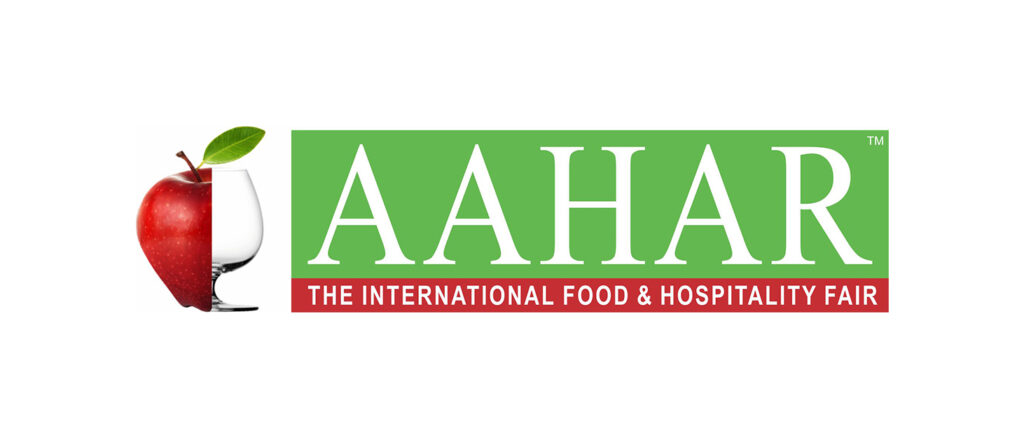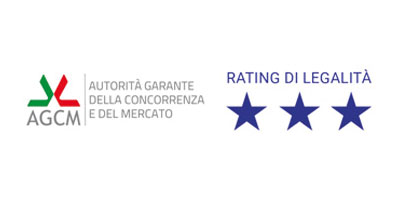06.10.2024
Rational Production supports the ‘School Feeding’ project of the World Food Programme
Rational Production, which has always been sensitive to issues of Social Responsibility, has decided to support the United Nations World Food Programme with a donation to WFP Italy

Rational Production, which has always been sensitive to issues of Social Responsibility, has decided to support the United Nations World Food Programme with a donation to WFP Italy, to help guarantee food, education and health to children in the poorest areas of the world.
The UN agency World Food Programme, winner of the 2020 Nobel Peace Prize, is the world's largest humanitarian organisation committed to saving lives in emergencies and whose food assistance aims to build a path of peace, stability and prosperity for those recovering from conflicts, disasters and the impact of climate change.
WFP Italy is the non-profit organisation that promotes and supports WFP activities in Italy and is active throughout the country with initiatives to raise awareness about the fight against hunger in the world, promotion and fundraising.
What is the School Feeding Project?
WFP's ‘School Feeding’ project aims to provide daily school meals to children living in vulnerable circumstances, ensuring not only nutrition, but also access to education. In many poor communities, lack of food is a major barrier to school attendance: children are often forced to work to help their families, or stay at home due to lack of resources.
A daily meal at school not only provides the nutrition essential for children's growth and psychophysical development, but also provides an incentive to attend classes, thus improving enrolment and academic performance rates. Studies show that school nutrition can increase enrolment by up to 9 per cent, while also improving pupils' concentration and cognitive skills.
With our donation, we have provided around 20,000 school meals, i.e. the meals for an entire school year to around 100 children.
Programme benefits
The meals provided by WFP vary by region and can include breakfast, lunch or both, all prepared locally: an approach that also promotes territorial development. By buying food from local farmers, rural economies are stimulated and new income opportunities created. The project thus has a positive impact not only on the children and their families, but on the entire community, breaking the intergenerational cycle of poverty and hunger.
Moreover, in some areas, take-home rations are distributed as an incentive for regular school attendance: in addition to the nutritional benefits, the school food project is one of the most common and effective social safety nets, especially in the poorest communities, where the value of the food provided can represent up to 10 per cent of the annual family income.
We are proud to be part of this project, which fully reflects our values of social responsibility and commitment to a more equitable and sustainable future.
To find out more about our social responsibility activities, please visit our dedicated section on the website.
The UN agency World Food Programme, winner of the 2020 Nobel Peace Prize, is the world's largest humanitarian organisation committed to saving lives in emergencies and whose food assistance aims to build a path of peace, stability and prosperity for those recovering from conflicts, disasters and the impact of climate change.
WFP Italy is the non-profit organisation that promotes and supports WFP activities in Italy and is active throughout the country with initiatives to raise awareness about the fight against hunger in the world, promotion and fundraising.
What is the School Feeding Project?
WFP's ‘School Feeding’ project aims to provide daily school meals to children living in vulnerable circumstances, ensuring not only nutrition, but also access to education. In many poor communities, lack of food is a major barrier to school attendance: children are often forced to work to help their families, or stay at home due to lack of resources.
A daily meal at school not only provides the nutrition essential for children's growth and psychophysical development, but also provides an incentive to attend classes, thus improving enrolment and academic performance rates. Studies show that school nutrition can increase enrolment by up to 9 per cent, while also improving pupils' concentration and cognitive skills.
With our donation, we have provided around 20,000 school meals, i.e. the meals for an entire school year to around 100 children.
Programme benefits
The meals provided by WFP vary by region and can include breakfast, lunch or both, all prepared locally: an approach that also promotes territorial development. By buying food from local farmers, rural economies are stimulated and new income opportunities created. The project thus has a positive impact not only on the children and their families, but on the entire community, breaking the intergenerational cycle of poverty and hunger.
Moreover, in some areas, take-home rations are distributed as an incentive for regular school attendance: in addition to the nutritional benefits, the school food project is one of the most common and effective social safety nets, especially in the poorest communities, where the value of the food provided can represent up to 10 per cent of the annual family income.
We are proud to be part of this project, which fully reflects our values of social responsibility and commitment to a more equitable and sustainable future.
To find out more about our social responsibility activities, please visit our dedicated section on the website.













